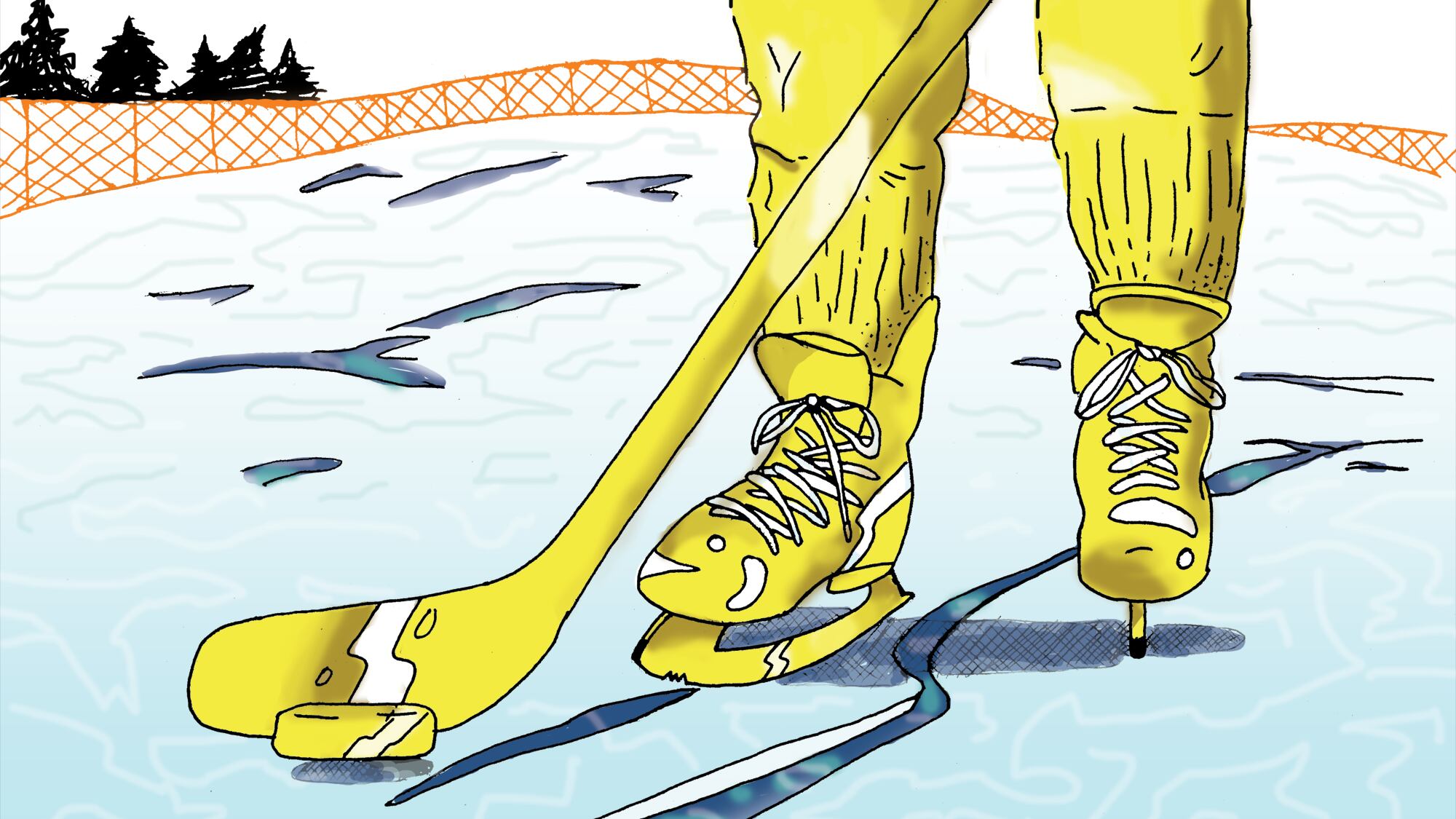Oregon has moved aggressively to raise its minimum wage, but some of the highest-profile performers in this city don't get paid at all.
Those performers, mostly teenagers, play ice hockey for the Portland Winterhawks in the Western Hockey League. The team sold about 6,000 tickets per game last season and also profits from food, drink and merchandise sales at the Veterans Memorial Coliseum and the Moda Center, the team's home rinks.
But now the Winterhawks are going to Salem for a custom-made law that would allow the team to continue not paying its players.
The Winterhawks claim a pending lawsuit aimed at forcing the team to pay minimum wage—currently $11.25 an hour in the Portland area—could be the death knell for Winterhawks hockey.
"Without an exemption for amateur athletes under Oregon law," Winterhawks attorney Tim Bernasek wrote in a Jan. 11 letter to the Oregon House Judiciary Committee, "the Portland Winterhawks will be forced to either declare bankruptcy or relocate."
Lawmakers take the threat seriously enough that they are crafting legislation for the February short session that would apply only to the Winterhawks, following the lead of other affected states.
The Winterhawks are an unusual hybrid: They look and act like a pro team, signing and trading players and earning money as pro teams do, but claiming amateur status for players, some as young as 15.
Instead of regular paychecks, players for the Winterhawks get room and board and earn college scholarships.
Because players are classified as amateurs, they aren't eligible for standard employment benefits, such as paychecks. It's obvious how that benefits the team—but less clear what's in it for players, other than preserving their eligibility to play college sports.
The reason players come to the Winterhawks is that they aspire to become pros.
The team has sent more than 100 players to National Hockey League franchises since first hitting the ice in 1976.
But in 2016, a former Winterhawks player joined a class action lawsuit in Canada challenging the amateur athlete model that serves as the foundation of the Canadian Hockey League. Hundreds of players have joined the lawsuit, which affects 60 teams. WHL players practice daily and play two to three games a week, often involving grueling bus rides to remote Canadian towns. Players commonly put in 40 hours a week with teammates on and off the ice.
The plaintiffs say that time is work and players should be compensated for it.
"The Portland Winterhawks are quite profitable and would have no problem paying players minimum wage," says Tina Yang, an attorney representing players in the lawsuit. "If you're employing somebody, and they're doing work for you, then you have to pay them."
A judge in Alberta ruled last April that the eight WHL teams based in the United States should be exempt from the lawsuit. The plaintiffs appealed.
The Winterhawks aren't waiting to see how the appeal is resolved. Instead, the team is going to lawmakers.
The team asked the Oregon Legislature to change the law in 2017. The Senate approved the Winterhawks' proposal, but the House rejected it as too broad.
So the team is trying again. Lawmakers expect the new bill will pass.
"I think the bill has been made more specific," says Rep. Mitch Greenlick (D-Portland), who sponsored the failed 2017 bill. "No one had a problem with recognizing this team [as amateurs], but there was a fear of unintended consequences. I think we have that worked out."
The Winterhawks directed WW's questions to WHL officials, who pointed to laws to similar to the one proposed in Oregon that have passed in Michigan, Washington and six Canadian provinces.
The lawyers challenging the junior hockey league say the Oregon bill would deprive players of their chance for justice.
"The exemption is being requested to avoid having the courts determine the issue," says Ted Charney, lead counsel in lawsuit against the league. "This way, the players never get their day in court."
